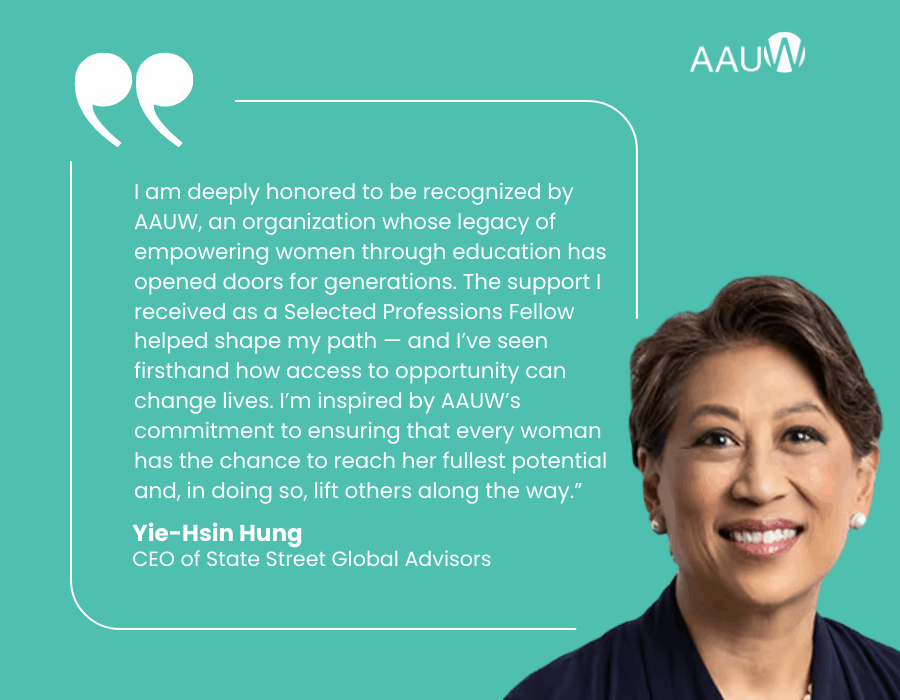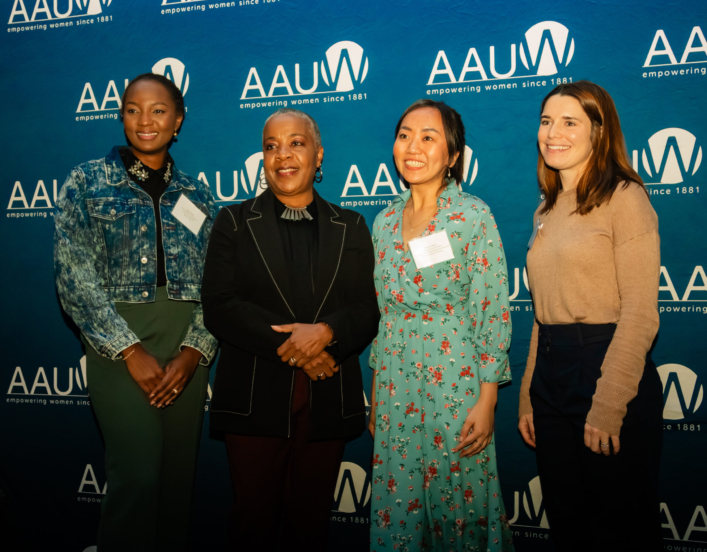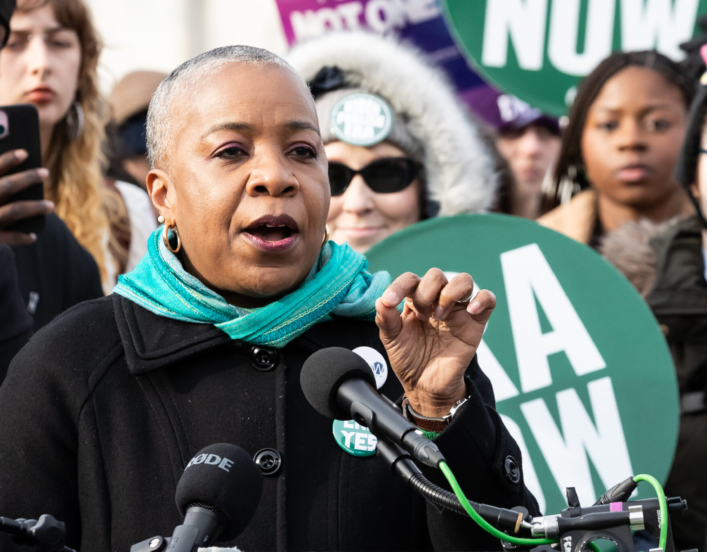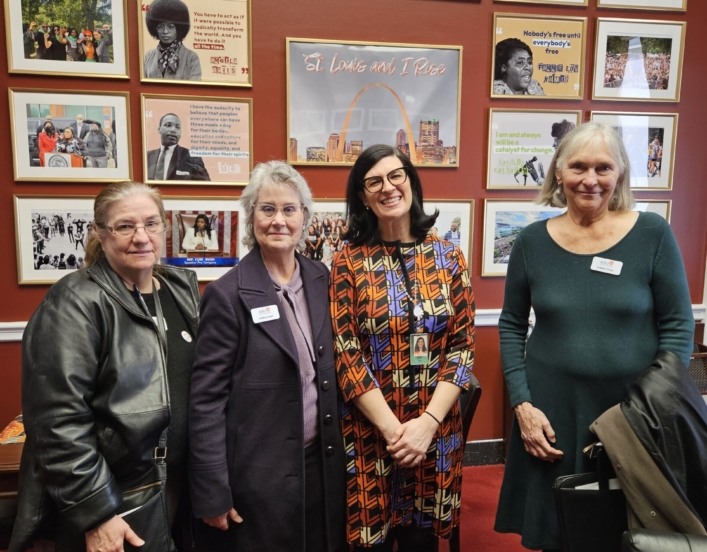AAUW : Empowering Women Since 1881
Advancing gender equity through
education and advocacy.

AAUW 2025 Strategic Plan
AAUW’s 2025 Strategic Plan outlines how we’ll advance equity for women and girls by expanding access to higher education, advocating for inclusive policies, and strengthening our nationwide member network.
Defending Higher Education: Advocacy Strategies for In-District Meetings
Face-to-face advocacy can drive real change. This session guided members on how to set up in-district meetings with members of Congress, maximize town hall participation, and effectively use key talking points during the upcoming April congressional recess.

AAUW Celebrates 2025 Alumnae Recognition Award Honoring Finance Leader Yie-Hsin Hung
The American Association of University Women (AAUW) celebrated the achievements of Yie-Hsin Hung, one of Forbes’ 100 Most Powerful Women, during its 2025 Alumnae Recognition Award Celebration held at American University’s Washington College of Law on November 20. The AAUW Alumnae Recognition Award honors a fellow or grantee who has achieved outstanding national or international distinction. Hung, a 1985-86 AAUW Selected Professions Fellow, was recognized for her extraordinary leadership and commitment to advancing women in finance and business — fields where women remain underrepresented.
Take Action
Get involved in advancing gender equity. Whether you stay informed, contribute, or share our mission with others, your engagement helps support equity for women and girls.
Sign up for news & updates
Stay connected with AAUW and join our mission to advance gender equity. Sign up for our updates to receive the latest news, events, and opportunities to make an impact in the lives of women and girls.




